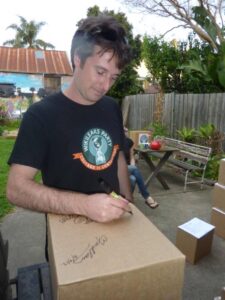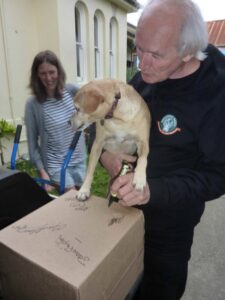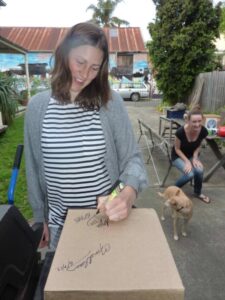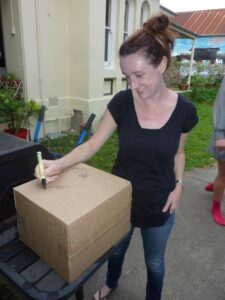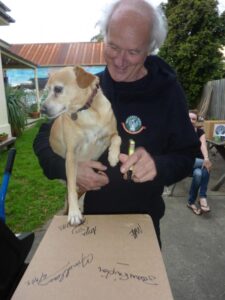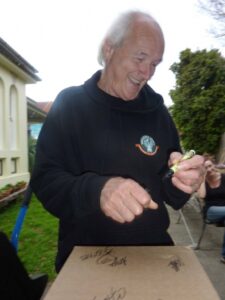SUMMARY: This short film is a response to a long tic-tac conversation with John Shipton. The focus is on allodoxia, or programmed misrecognition, as a means to understand the ways that activism responds to some of society’s dynamics. “The Allo-paradox Method” describes dialectical thinking to balance, or synthesise the opposing forces of allodoxia, a catalyst for individual/societal recuperative processes, yet still harmful as an influence. The activism this thinking produces can succeed when non-dualistic tactical relationships incorporate processes of militancy and randomness, described in the work as whale formations and Brownian movement.
This theoretical reflection shifts to an emotion-driven embodiment in an updated local version of the single-shot candle-in-the-pool scene from Andrei Tarkovsky’s Nostalghia. Here, we can imagine the acts of ongoing advocacy by John and others for Julian Assange, as well as Julian’s alternative practices, as they are all unreligious faithful performances of a not fully defined, coming from elsewhere and simultaneously attempting to gain traction in situations into which they come.
Ross Johnston and Brian Wilson channel John Shipton’s fondly regarded Moby Dick whales, and the audio track stays true to the work’s presentation at the Performance Space Liveworks Festival of Experimental Art held at Carriageworks Sydney in 2022, by incorporating onstage live performance, Brian’s live operatic singing as a seated audience member, and a rogue cough. It is the second-part of a work that follows Pick-up-needle-bottom-of-sea, an apology to Iraq for our invasion. This film was also produced with development funding and production support from Performance Space for the same festival in 2021.
The Allo-paradox Method
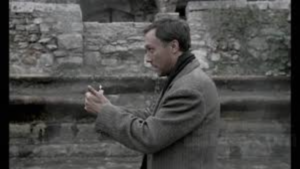
Tarkovsky’s famous one-take scene involves a Russian musicologist carrying a lit candle the full length of an ancient sulphur pool as an act of faith for the activist who tells him it will save the world. The original scene can be viewed HERE and our After Tarkovsky appears in our work.
Other elements in the work include the role Wikileaks has played in raising scrutiny that has led to positive results. This is contextualised in the allo-paradox method that describes dialectical thinking to balance, or synthesise the opposing forces of allodoxia, a catalyst for individual/societal recuperative processes, yet still harmful as an influence.
This first work explores the research question John Shipton and I set that ultimately focuses on whether, and if so, how programmed misrecognition can continue to be dismantled as part of group processes to promote civic engagement with bureaucracies and policies, when we are living in ever-increasing physically and socially distanced restricted times, marked by exhaustion and overload.
Other collaborators: Frances Whitfield – underwater videographer, Rachel Whitfield – actor, Brian Wilson/Ross Johnston – soundtrack producers, singer and musician, Virginia Field – performer.
Signing of the leftover flyer box with some of our WIKILEAKS PARTY members on Election Day 2013
